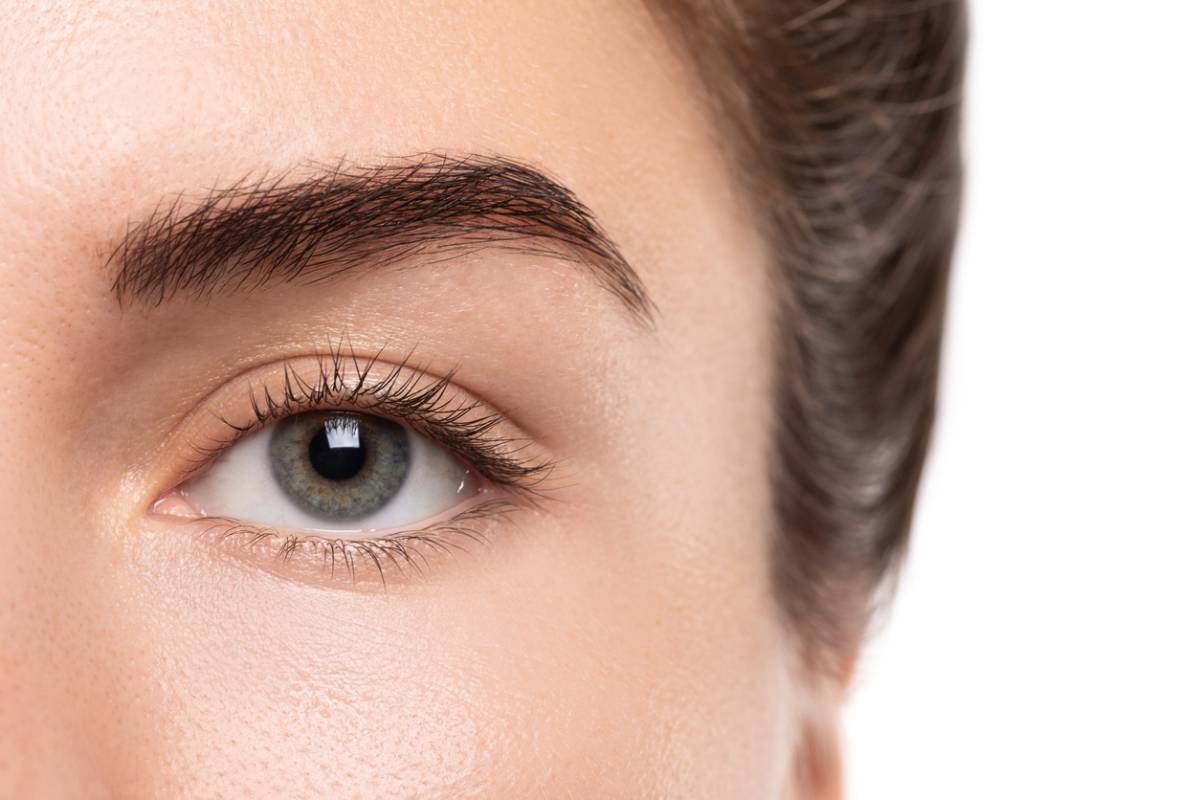Our guide covers what to do before and after revision eyelid surgery. Revision eyelid surgery amends some missteps that were enacted during an initial eyelid surgery. Eyelid surgery is a delicate operation that should be performed only by qualified professionals who are specialists in their field. Anything short of that can result in less than desirable results.
What To Do Before and After Revision Eyelid Surgery: Vital Steps
Beyond this basic requirement, you can take some steps before and after your procedure to make sure that your results come out at their highest level for the longest amount of time.
What Occurs During Revision Eyelid Surgery?
Revision eyelid surgery
corrects elements of an initial blepharoplasty that a patient finds themself unhappy with.
The way that this actually plays out can have a diverse set of effects depending on the specific type of eyelid surgery undertaken.
There exist several different types of eyelid surgeries made to target different areas of a patient’s eyes. Your
eyelid revision surgery will be a duplicate of whatever initial surgery you receive, along with possibly some other care if needed.
Before Your Surgery
Preparing adequately for your procedure is paramount to ensuring that you can maximize the results you receive from it.
There are a number of common steps that you can take, regardless of which type of revision surgery that you’re about to receive.
This includes steps such as:
- Modifying your intake of prescription and over-the-counter medications: many common medications can influence things like blood pressure and blood flow that can have deep impacts on your physiology. Avoiding them can prevent complications down the line.
- Smoking Cessation: Tobacco use has the potential to negatively impact your surgery results.
- Avoid Excessive Sun Exposure: Excessive sun exposure applies unnecessary levels of stress on the skin. Applying sunscreen of SPF 30 or 50 or higher can help to circumvent these negative results.
- Make arrangements for your post surgical period: Try to make arrangements for a trusted friend or loved one to bring you back home after your surgery. This occurs because you’ll likely see a slightly inebriated state from the anaesthesia administered during your procedure.
- Enact a period of light fasting prior to your operation: We generally advise you don’t eat any food and drink light amounts of water beginning at midnight the day before your procedure.
Depending on your personal set of medical conditions, you might also be advised to take other precautions by your physician. You’ll be able to go over all of this during your pre-surgical consultation.
After Your Surgery
Just as important as the steps that you take prior to your surgical procedure are the steps that you take in the aftermath in order to ensure that your results stay cohesive.
Like the pre-surgical precautions, these can be unique depending on your personal medical situation. However, there exist a number of commonly respected steps to take.
- Apply icy gauze pads: Applying these types of pads to your surgical site can help to reduce swelling and keep discoloration to a minimum. This should remain heeded for at least the first 48 hours.
- Try to keep your head elevated: Keeping your head elevated can also help to reduce swelling in the post-surgical period.
- Clean your surgical area: Cleaning your surgical site with a Q-tip with hydrogen peroxide can help you to avoid infection.
- Avoid excess physical exertion: Excessive physical exertion should be avoided for the first three weeks following your surgical procedure. Consult with your physician regarding the full set of activities that should be avoided.
- Avoid excessive sun exposure: Excessive sun exposure can be as damaging in the aftermath of surgery as it is before the operation. Make sure to apply SPF 30 or 50 sunscreen to your surgical site if you spend extended periods outside.
- Heed all medical advice: Has your physician prescribed any medications and the like? Take the medications to the specifications that they prescribe.
As revision surgeries can cover a wide variety of procedures, your own post-surgical period might involve unique features.
Hawaii’s Trusted Source of Revision Procedures
Dr. Bradford Lee and his award-winning team remain dedicated to providing the citizens of Hawaii with the best service available in regards to revision eyelid surgery. If you find yourself interested in whether you can benefit from this type of procedure, then
contact us today to schedule a consultation.

